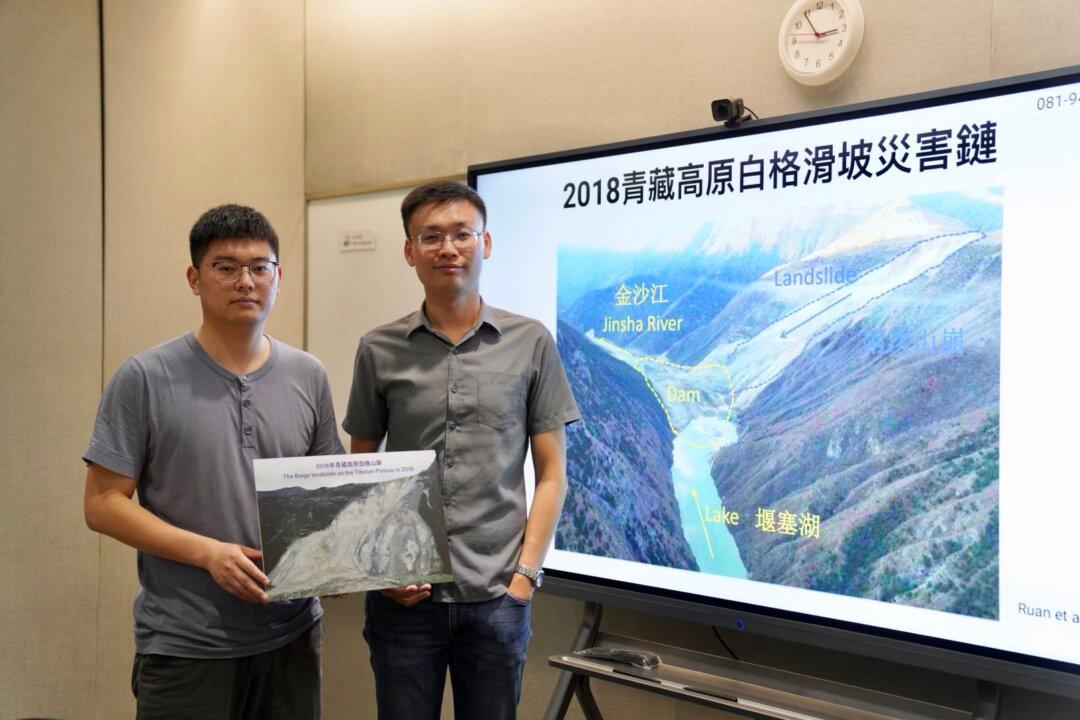Earthquakes trigger landslides, with the resulting downpour of mud and rocks blocking riverbeds to form landslide-dammed lakes (LDLs). A global study led by the Earth and Environmental Science Research Team of the Faculty of Science at the Chinese University of Hong Kong (CUHK) found that LDLs are not only the result of earthquakes, but they may also cause earthquakes. This is the very first study to conclude that surface hazards and earthquakes have such a mutual cause-and-effect relationship. Researchers believe that this discovery will help implement precise disaster prevention efforts post-earthquakes.
In 2018, two landslides occurred at Baige on the Qinghai-Tibet Plateau. The volume of the cascades from those two incidents totaled 33 million cubic meters (1.17 billion cubic feet), equivalent to 13,000 Olympic-standard swimming pools, and formed LDLs. The CUHK Earth and Environmental Sciences course members later observed that more than 60 earthquakes occurred in the area within a week after the landslide, a frequency 20 times higher than before the formation of the LDLs.




